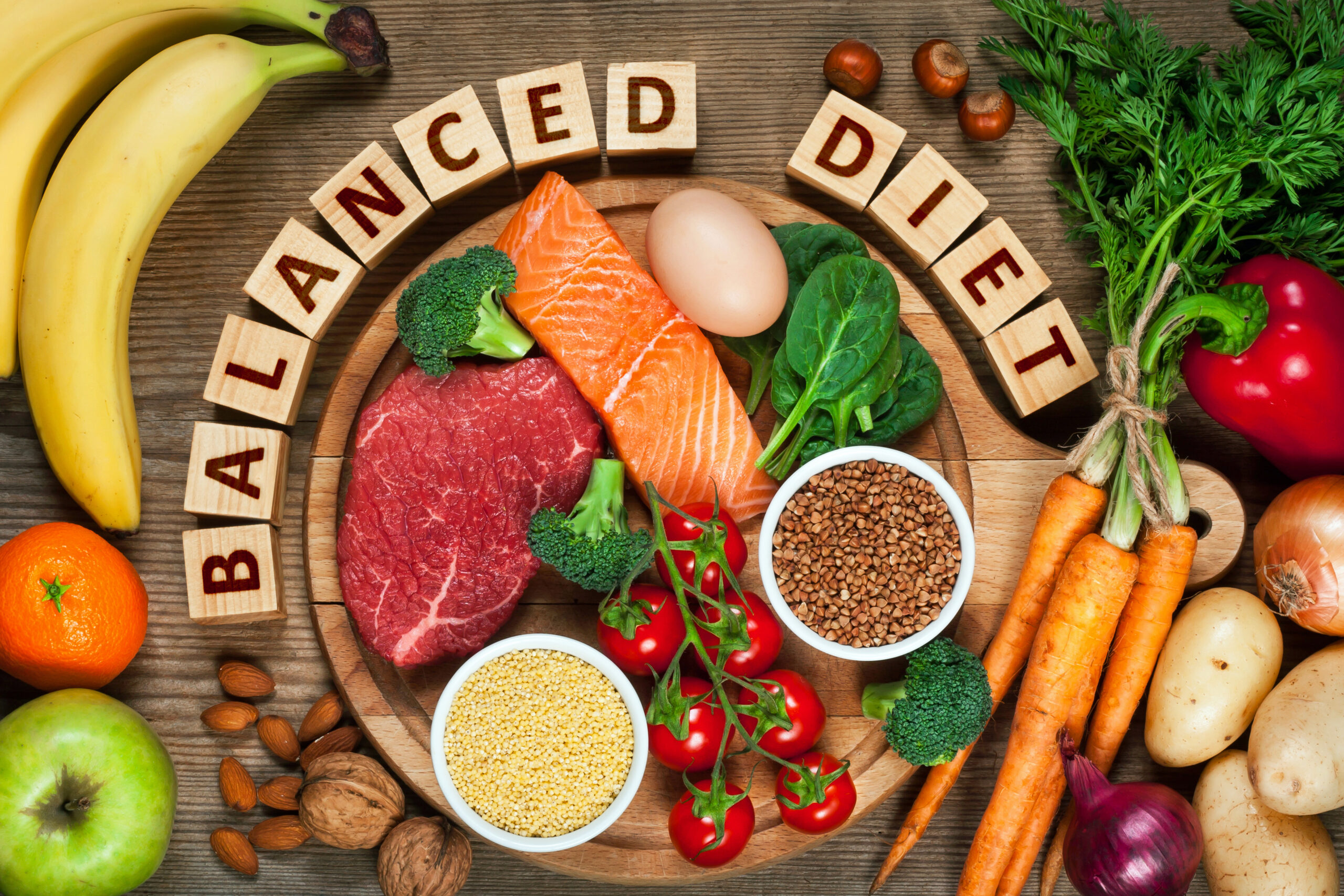Nutrition plays an important role in overall health. Vitamins and other nutrients in healthy foods can boost energy, and good nutrition can also reduce your risk for heart disease and diabetes.
At Jai Medical Systems, we recognize the importance of nutrition. We encourage you to use this guide to improve the way you eat.
Balanced Diet
A balanced diet provides your body with a variety of nutrients. This includes:
- Fruits
- Vegetables
- Whole grains
- Protein
- Dairy
- Healthy fats
- Carbs
Proteins help build and repair bones and muscles. Healthy fats support a healthy heart and brain. Carbs provide your body with energy.
Use MyPlate as your guide when learning how to eat a balanced diet. According to MyPlate, every meal should include:
- Fruits and veggies (50% of your plate)
- Whole grains (50% of your plate)
- A variety of proteins
- Low-fat and fat-free dairy
Everyone has different nutrition needs. For example, you may need more carbs if you are active. Your doctor can talk to you more about your unique nutrition needs.
Planning and Prepping Healthy Meals
Healthy foods are versatile and easy to work with. Many fruits and veggies can be eaten raw and require no food prep.
Here are meal prep tips that can help you save time and money:
- Buy low-cost foods you can prepare in several ways. Beans, veggies, and herbs are some examples.
- Buy in-season produce. Seasonal produce is high in nutrients and low in cost.
- Make large batches of soups and stews you can freeze for later.
- Plan recipes that share common ingredients.
When cooking, use methods that preserve the nutrients in your food. Healthy cooking methods include:
- Steaming
- Baking
- Sautéing
- Grilling
- Stir-frying
- Roasting
Avoid deep frying, smoking, and microwaving your foods. These methods may reduce the nutritional value of your foods.
Mindful Eating
Mindful eating is the practice of being fully present while eating. It means being aware of how your food tastes and how it makes you feel. It also involves eating more slowly and recognizing when you feel full.
Eating mindfully can improve your relationship with food. Other benefits of mindful eating include:
- Greater satisfaction with food
- Lower risk of overeating
- Better digestion
- Weight loss
Here are tips that can help you with mindful eating:
- Take small bites.
- Chew more slowly.
- Start with small portions.
- Turn off the TV and put away your phone when eating.
- Try to recognize the spices and seasonings in your food.
Hydration
Staying hydrated is another essential part of good nutrition. Water helps deliver oxygen and nutrients to your cells, keeps your organs healthy, protects your joints, and regulates your body temperature.
The recommended daily water intake is 15.5 cups for men and 11.5 cups for women.
Here are ways to increase your water intake:
- Replace drinks like sodas and juices with water.
- Drink a glass of water before each meal.
- Use citrus fruits to flavor plain water.
- Eat foods with high water content, such as watermelon and celery.
- Bring a water bottle with you everywhere you go.
With a balanced diet, meal prep, and hydration, you will soon be on your way to better nutrition.
See your doctor if you need help with creating a healthy eating routine. Your doctor can make suggestions based on your lifestyle and health status. If you need assistance scheduling an appointment with your doctor today to discuss your health, please contact us today at 1-888-524-1999.
 Did you know that your IE browser is outdated?
Did you know that your IE browser is outdated?






